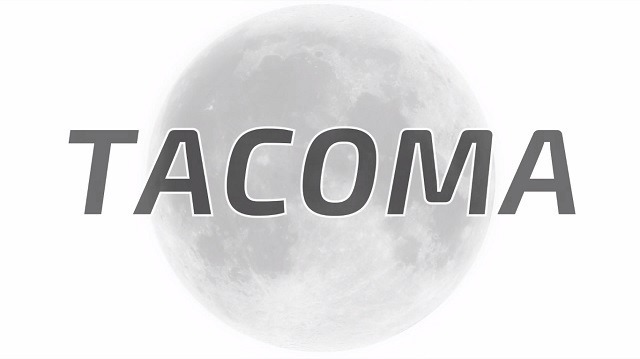We reached out to the newly renamed Fullbright, the creators behind indie hit Gone Home and now the E3-featured sci-fi title Tacoma. Kate Craig, the environment artist behind both games, shares with us the new fan reactions, the inspirations behind the new title, and some new tidbits on the title itself.
E3 and Fan Reactions
Matt Amenda: Now that Tacoma’s been featured at E3, what have things been like at the studio? Did it get crazy for a while?
Kate Craig: There were some long nights and some last minute bugs, absolutely. When putting together a trailer or a playable demo for a big event, especially something as big as E3, it can get pretty busy at any studio, and we were no exception. Some punch drunk Slack chats, a few extra cups of coffee, etc. Now that the trailer’s out it’s been a little more relaxing, we’re back to normal – more or less.
MA: How have fan reactions differed between Gone Home’s announcement and Tacoma’s?
KC: Both have been/were positive, but it’s a little different this time around in that we have something that people can refer back to – a previous game and a house style, whereas with Gone Home, when we first started talking about it all we had was a greyblock room with some drawers you could open.
Folks are also pumped about space as a setting. In the past few years it feels like space exploration has become more and more humanized – you can read personal Twitter accounts of ISS astronauts, see them answer questions on YouTube and watch mission control react when something like the Curiosity rover landing is a success, so I think there’s a real interest in seeing the human element behind all the science.
Expanding the boundaries
MA: Tacoma looks like a bold departure from Gone Home. First an old house with no one in it, then a sprawling space station. What inspired the team to go in that direction?
KC: We were always looking to work on another narrative-focused game, but initially the game we were working on was much closer to what we’d done in the past. A little too close, even. So when Steve pitched shifting the game upwards, into space, I think there was a round of immediate, emphatic yesses. We’d spent a couple of years trying to stay true to a very specific time and place, trying to pin down the atmosphere of the 90s, so the idea of having more creative freedom, of extrapolating current tech into a near future setting was really appealing.
MA: Developing a sci-fi environment sounds a lot harder than building one house in Gone Home. What were the challenges that went with switching gears like that?
KC: With Gone Home, we were pulling from our own personal experiences with regards to story, to environment – pretty much everything. When it comes to creating a world set a) in the future and b) in space, you can’t rely so heavily on those elements, so it means we’ve been doing more research, which takes much more time. For example, we’ve moved the location and scale of the moon a number of times, and I have to do it again next week to roughly approximate the correct scale based on what we’ve read.
A space station is also ground well covered in the game world (and in other areas of pop culture) so thinking about how The Tacoma is different (and similar) to existing stations is another consideration we’ve been tackling.
New Experiences
MA: What tone are you going for in Tacoma, story-wise? What do you want the player to feel?
KC: Gone Home, there might be a couple of spooky moments to the game, but overall we’re hoping for more of a sense of mystery and adventure. Tacoma is a game about the relationships and motivations of a crew living in relative isolation, but it’s also set on a station with a focus on space tourism, so hopefully it’ll be a fun place to poke about in.
MA: What new gameplay features will there be? Will it still be entirely exploration based, like Gone Home was, or will there be things like combat?
KC: It’s an exploration based game, but this time we have the added benefit of microgravity, so Amy can explore the station in more of a 3D sense, launching herself towards different surfaces and attaching with her magnetic boots. She’s also able to interact with the computer systems in the station, so in terms of gameplay, we’re building off what we learned making Gone Home and expanding on it.
And there won’t be any combat in the game, which always takes away some of the pressure.
MA: Any plans to release the game on other platforms besides Xbox and PC/Mac/Linux?
KC: Just those for now!
MA: After Tacoma, what next? What does the future hold for Fullbright?
KC: It’s a little too early to say. When we’re working on a game, our focus is wholly on it and nothing but, so we’ll have to see once we wrap up.

From the looks of things, this small Portland indie studio is going places. We’ll see in time if they can deliver a larger-scale game while keeping the heart that fans loved about Gone Home.
For further reading: Fullbright site, Tacoma site, and company blog.









Published: Jul 11, 2015 08:04 am